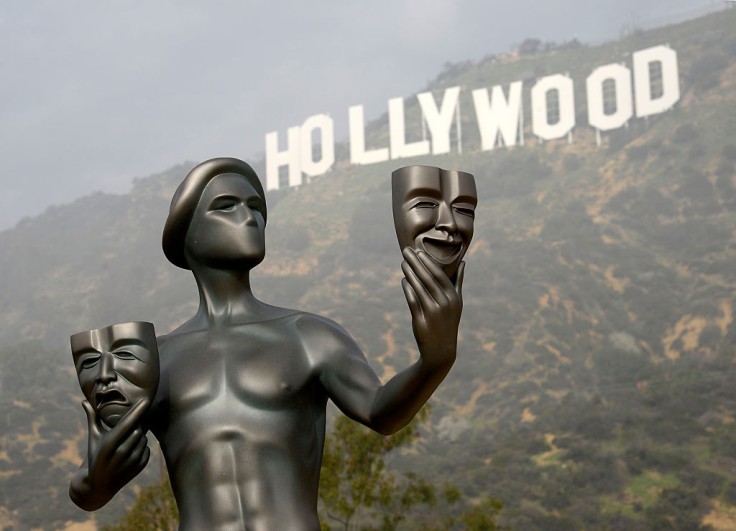A Hollywood agency is already securing the likenesses of their A-list actors for AI use amid the growing tech trend in the entertainment industry.
First reported by TechCrunch, Creative Artists Agency is building virtual storage for all synthetic replication of their actors' digital doubles to protect them from the dangers of AI abuse.

The project is in collaboration with AI startup Veritone, which will provide its service and technology to build the digital vault.
The CAA is one of the leading entertainment and sports talent agencies in the US, handling big names such as Tom Hanks, Ariana Grande, Chris Evans, and many more.
CAA: Digital Replication Will be Ethics-Led
The Hollywood agency touted the partnership as an "ethics-led and talent-friendly application of emerging technologies," ensuring that only authorized users and clients can use their digital assets.
In this way, participating actors could get rightfully compensated for lending their likenesses to AI applications.
It can be remembered that many of CAA's actors have been involved with AI in the past as reports of their digital replicas pop across the internet without permission or compensation to the actors themselves.
Many have been noted as being used to promote scam products or spread misinformation online.
AI Replication Remains a Heated Debate in Hollywood
AI use remains a contentious debate in the industry not only for its threat to people's livelihood but also for the safety and privacy concerns that come along with the application of the technology.
Just last month, several music artists banded together to call against AI replicating their voices and likenesses, citing concerns for their privacy.
Even the CAA's efforts would require massive amounts of data from the talents as the AI would need to scan their faces, movements, voices, and expressions.
These are not to include worries of more layoffs in the industry as studios lean more into AI technology, an issue raised during the Hollywood actors' strike last year.
One of the agreements to end the labor strike was the establishment of guidelines on how digital replicas of actors, especially low-wage performers, can still retain their livelihood.









